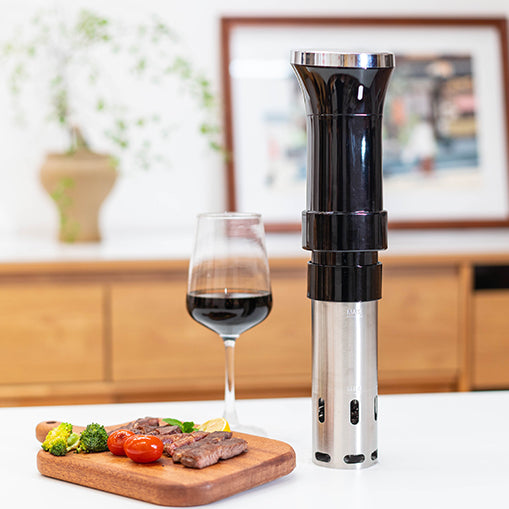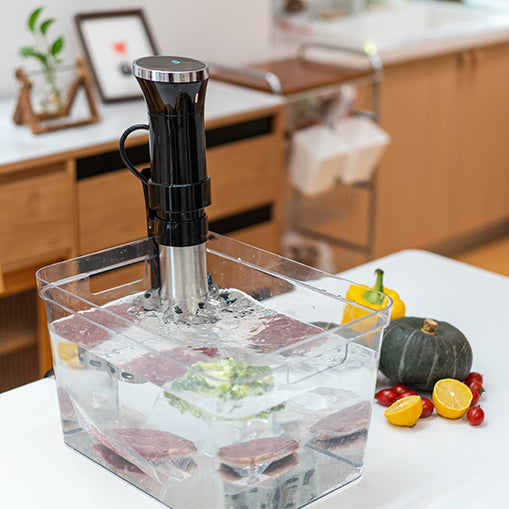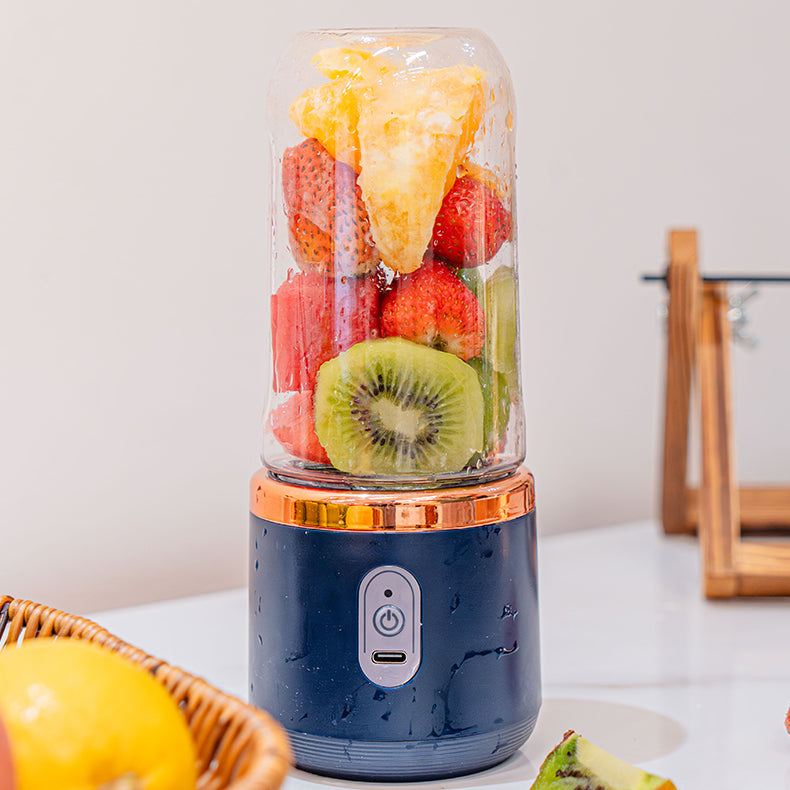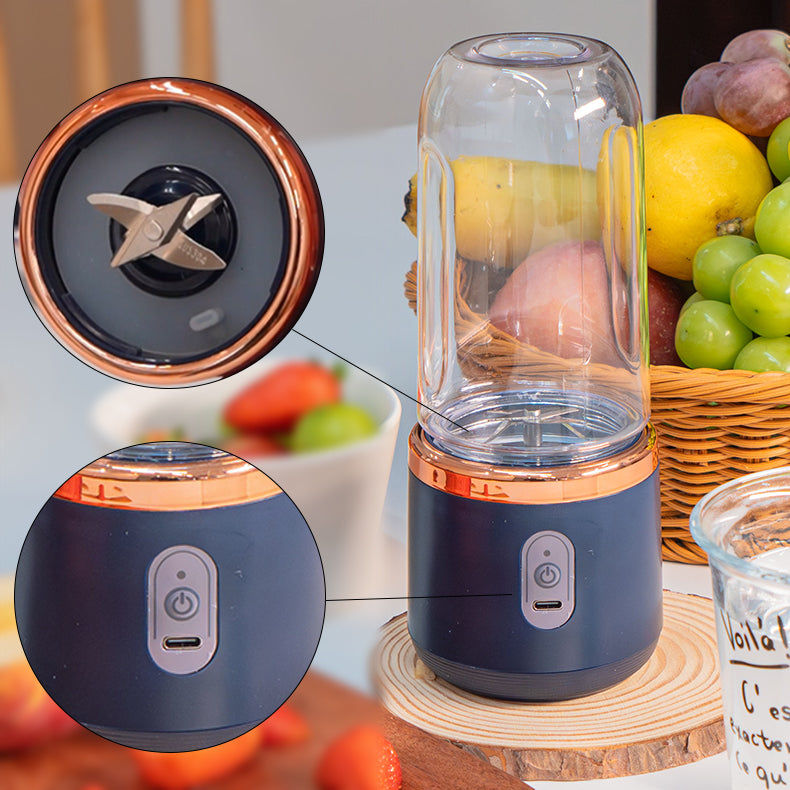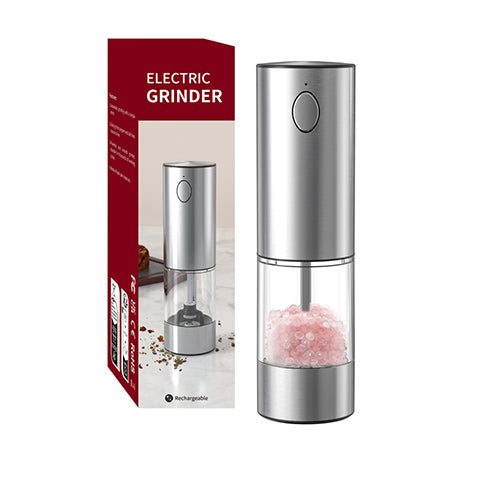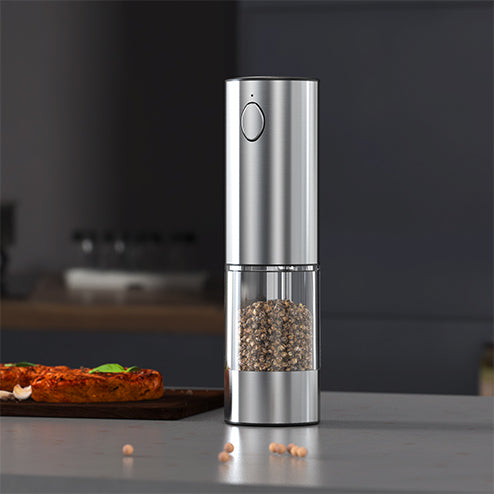Intermittent fasting, a pattern of eating that alternates between periods of fasting and eating, has gained popularity for its various health benefits, including weight loss, improved metabolic health, enhanced brain function, and potential increased longevity.
If you like to drink coffee, you may wonder, can you have coffee when intermittent fasting? This blog will explore whether you can drink coffee when fasting, how it affects your fast, and what you can add to it without breaking your fast. We'll also discuss the pros and cons of drinking coffee during fasting periods, and offer alternatives for those who may need them.

What Is Fasting and Intermittent Fasting?
Fasting is a practice that involves abstaining from all or some foods and drinks for a set period of time. The length and strictness of a fast can vary widely—from missing one meal to avoiding all food and drink for days.
Intermittent fasting, a specific type of fasting, cycles between periods of eating and not eating. This practice doesn't specify which foods to eat but rather when you should eat them. Common intermittent fasting methods include:
- The 16/8 method, where you fast for 16 hours and eat during an 8-hour window;
- The 5:2 method, which involves eating normally for five days of the week and reducing calorie intake on the other two days;
- The Eat-Stop-Eat, which entails doing a 24-hour fast once or twice a week.
The benefits of intermittent fasting are reported to include weight loss, improved metabolic health, enhanced brain function, and potentially longer life expectancy. These benefits are believed to result from the metabolic shift that occurs when your body begins to run on fat instead of sugars, a process known as metabolic switching.
Can You Drink Coffee When Fasting?
Generally, coffee that avoids adding sugar, milk, or cream is considered acceptable during fasting periods because it is very low in calories. This means it won't significantly affect the metabolic state that fasting aims to achieve.

Coffee can even enhance some of the benefits associated with fasting. It contains caffeine, which can increase metabolism and help burn fat. Furthermore, the antioxidants in coffee may support overall health.
But be aware that caffeine can cause stomach irritation or anxiety in some individuals, especially on an empty stomach, so it's essential to consider your own tolerance and how your body reacts.
For coffee enthusiasts who want to elevate their fasting experience, the SCHWUA Italian Espresso Machine is a perfect addition to your kitchen. This compact yet powerful espresso maker boasts a 1400W motor and 20-bar pressure, ensuring professional-quality coffee with every brew. Its advanced brewing technology includes precision extraction and temperature control, maintaining the optimal 92°C for balanced flavors. The 360° stainless steel steam wand creates velvety microfoam for lattes or rich froth for cappuccinos, perfect for those who enjoy variety. Compact, stylish, and user-friendly, it’s a great way to enjoy coffee without compromising your fasting goals!

Can You Have Black Coffee When Fasting?
Black coffee is generally considered to be fasting-friendly because it is low in calories, containing only about 2-5 calories per cup and no significant amounts of sugar or fat. This means it won't break the fast in terms of triggering an insulin response that disrupts the metabolic state associated with fasting. Some people find that black coffee enhances their fasting experience by helping to suppress appetite and boost metabolism, thanks to its caffeine content. So, you can drink black coffee when fasting in a moderate amount.

Pros and Cons to Drink Coffee When Fasting
Whether drinking coffee is beneficial or detrimental can depend on individual reactions and the type of fasting regimen. Here we examine the advantages and disadvantages of including coffee in your fasting routine:
Pros:
- Metabolic Boost: Coffee stimulates the metabolism and increases fat burning, thanks to its caffeine content. This can be especially beneficial during fasting as it helps the body utilize fat stores for energy more efficiently.
- Appetite Suppression: Caffeine in coffee can reduce feelings of hunger, making fasting periods more manageable. This can help maintain compliance with fasting regimens, particularly those involving longer duration without food.
- Antioxidant Benefits: Coffee is rich in antioxidants, which can help combat oxidative stress and inflammation. This is beneficial during fasting, as the process can sometimes increase oxidative stress due to increased fat metabolism.
Cons:
- Digestive Issues: Coffee’s natural acidity can stimulate the production of stomach acid, which might cause discomfort such as acid reflux, heartburn, or gastritis, especially when consumed on an empty stomach. This can be particularly problematic for individuals with sensitive stomachs.
- Sleep Disturbances: The caffeine in coffee is a well-known stimulant that can significantly delay the onset of sleep and reduce the time spent in the deeper, restorative stages of sleep. This disruption is critical during fasting, as adequate sleep is essential for the regenerative processes that fasting promotes.
- Increased Anxiety and Jitteriness: For some individuals, caffeine can trigger or exacerbate anxiety and cause physical symptoms of jitteriness and nervousness. This stimulant effect can heighten stress responses, especially in high doses, leading to increased heart rate and blood pressure, which might be uncomfortable and unsettling during fasting.
- Dehydration: While mild, the diuretic effect of caffeine can increase urine output, potentially leading to dehydration if not counterbalanced with adequate water intake. During fasting, when food (and consequently, water intake from food) is reduced, the risk of dehydration can increase, making it crucial to ensure sufficient water intake throughout the day to counteract these effects.
What Can You Put in Your Coffee Without Breaking Your Fasting?
When fasting, especially in a way that aims to maintain a state of ketosis or minimize calorie intake, it's important to keep coffee additions minimal. You can add a small amount of zero-calorie sweeteners, such as stevia or erythritol, which won’t break a fast by increasing insulin levels.
Cinnamon or nutmeg can also be added for flavor without adding significant calories. If you practice a more lenient form of fasting that allows some caloric intake, a splash of unsweetened almond milk or coconut milk could be used, as they are low in calories and won’t significantly impact the fasting state.
Coffee Alternatives to Consider While Fasting
To avoid potential side effects of coffee, like jitteriness or digestive discomfort, and enhance your fasting experience. Here are some coffee alternatives to consider:

- Herbal Teas: Many herbal teas, such as peppermint, chamomile, or hibiscus, are caffeine-free and can provide a soothing, aromatic experience. These teas often carry health benefits, like aiding digestion or promoting relaxation, without any calories.
- Lemon Water: Adding a slice of lemon to hot water not only provides a refreshing taste but also adds a small amount of vitamin C. It’s a simple drink that can help curb appetite while you fast.
- Green Tea: If you are not strictly avoiding caffeine, green tea is a lighter alternative with lower caffeine content than coffee. It’s rich in antioxidants and has been linked to various health benefits, including improved brain function and fat loss.
- Chicory Root Coffee: A caffeine-free coffee substitute made from the roasted roots of the chicory plant, which tastes similar to coffee. Chicory root can also support digestion as it contains inulin, a type of prebiotic fiber.
Conclusion
In conclusion, while coffee can be incorporated into your fasting regimen, it's important to consider how it affects your body, especially during periods of fasting. Whether you choose to enjoy a cup of black coffee or opt for alternative beverages, the key is to understand your own health needs and how different drinks can impact your fasting goals. By making informed choices, you can enhance your fasting experience, support your health, and enjoy the process.

